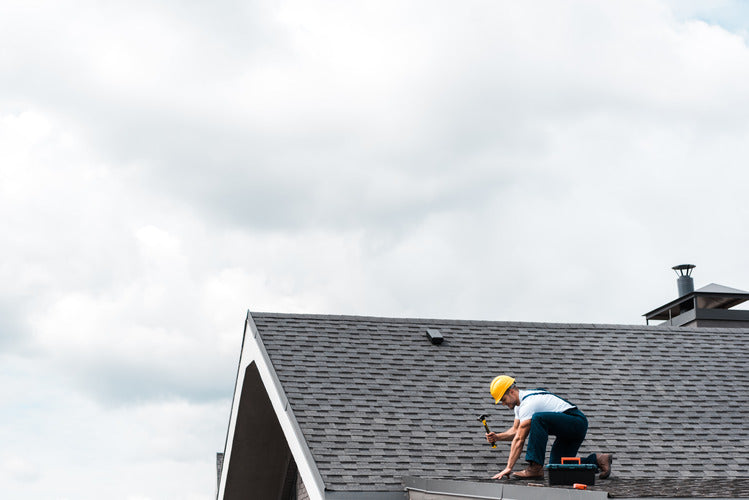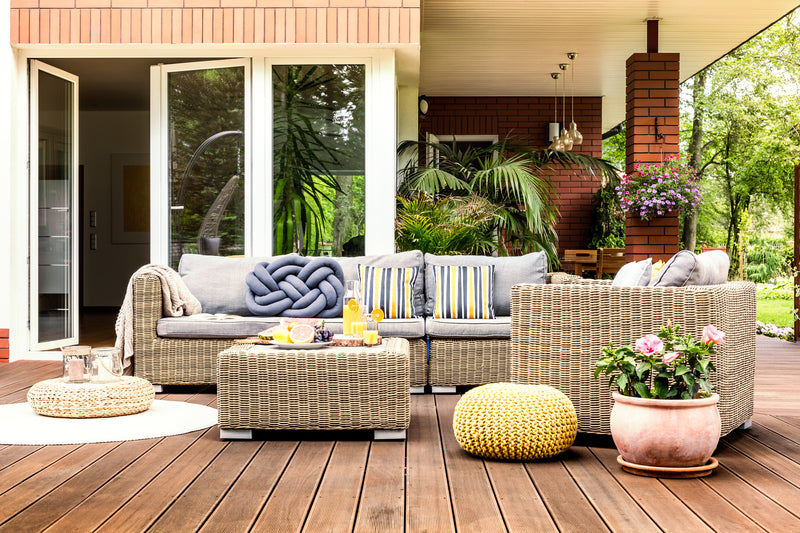How Much Does Roof Replacement Cost?
Roof replacement is a significant investment for homeowners, ensuring the protection and integrity of their property. However, the cost of roof replacement can vary greatly depending on several factors, such as the size and complexity of the roof, the materials used, the region, and the contractor chosen.
This article aims to provide a comprehensive guide to help homeowners understand the cost factors involved in roof replacement. We will explore the various components that contribute to the overall cost, discuss different roofing materials and their price ranges, highlight the importance of professional installation, delve into additional factors influencing costs, and provide tips for managing and budgeting for a roof replacement project. By understanding these cost factors, homeowners can make informed decisions, effectively plan for their roof replacement project, and ensure a successful and cost-effective outcome.
Roof Size and Complexity
The size and complexity of a roof play a significant role in determining the cost of replacement. On average, the cost per square foot for roof replacement can range from $5 to $12. We will discuss how roof size is measured and how it impacts the amount of materials needed and labor involved. Additionally, we will explore factors that contribute to the complexity of a roof, such as its slope, shape, and the presence of features like chimneys or skylights. By understanding how roof size and complexity influence the cost, homeowners can better estimate the budget required for their specific project.

Roofing Materials
Roofing materials vary in cost, durability, and aesthetic appeal. The cost of materials typically accounts for 40% to 60% of the total roof replacement cost. We will discuss the most commonly used materials, including asphalt shingles, metal roofing, clay or concrete tiles, wood shakes, and slate. Each material has its own price range. Asphalt shingles, the most popular choice, can range from $70 to $200 per square (100 square feet). Metal roofing can range from $120 to $900 per square. Clay or concrete tiles range from $300 to $600 per square, while wood shakes can range from $400 to $700 per square. Slate, a premium material, can range from $600 to $1,500 per square. We will explore the factors that impact the cost of different roofing materials, such as material quality, design, and availability. By understanding the pros and cons of each material and their associated costs, homeowners can make an informed choice that aligns with their budget and long-term goals.
Professional Installation
Hiring a professional roofing contractor is crucial for a successful roof replacement project. The cost of labor typically accounts for 40% to 60% of the total roof replacement cost. The average labor cost can range from $2,000 to $8,000, depending on the complexity of the project and the contractor's expertise.
We will discuss the importance of professional installation, including the expertise, experience, and equipment required. Furthermore, we will explore how the reputation and qualifications of a contractor can influence the cost. We will provide tips for selecting a reputable contractor, obtaining multiple quotes, and ensuring proper licensing and insurance. By investing in professional installation, homeowners can ensure the quality, longevity, and warranty coverage of their new roof.
Additional Cost Factors
Removal and disposal of the existing roof: The cost for removing and disposing of the old roof can range from $1,000 to $5,000, depending on the number of layers and the accessibility of the roof.
Structural repairs or reinforcement: If the underlying structure requires repairs or reinforcement, additional costs may be incurred. The extent of the repairs needed will determine the cost.
Structural repairs or reinforcement: If the underlying structure requires repairs or reinforcement, additional costs may be incurred. The extent of the repairs needed will determine the cost.
Ventilation requirements: Proper ventilation is essential for a healthy roof system. Additional costs may be incurred for installing or upgrading ventilation systems.
Additional features: The inclusion of features such as gutters, skylights, or chimney repairs can also contribute to the overall cost.
Understanding these additional cost factors will help homeowners anticipate and budget for any potential extra expenses that may arise during the roof replacement process.
Budgeting and Financing
Budgeting for a roof replacement project is crucial to avoid unexpected financial strain. We will provide tips for estimating costs, creating a realistic budget, and exploring financing options. Additionally, we will discuss the importance of obtaining multiple quotes, carefully reviewing contracts and warranties, and considering long-term value rather than solely focusing on upfront costs. By effectively managing their budget and exploring financing options, homeowners can ensure that their roof replacement project proceeds smoothly without compromising on quality or their financial well-being.
Maintenance and Longevity
Taking proactive steps to maintain and extend the lifespan of a new roof is essential. We will provide tips for regular roof maintenance, including inspection, cleaning, and addressing minor issues promptly. Additionally, we will discuss the impact of maintenance on the longevity of different roofing materials and the potential cost savings associated with proper care. By investing in routine maintenance, homeowners can maximize the lifespan of their roof and minimize the need for premature replacement.
Conclusion
Roof replacement is a significant investment, and understanding the cost factors involved is crucial for homeowners. By considering factors such as roof size and complexity, the choice of roofing materials, the importance of professional installation, additional cost factors, budgeting and financing options, and long-term maintenance, homeowners can make informed decisions and effectively plan for their roof replacement project. It is essential to prioritize quality, durability, and long-term value rather than focusing solely on upfront costs. By doing so, homeowners can ensure a successful roof replacement that protects their property, enhances its curb appeal, and provides peace of mind for years to come.
Please note that the costs mentioned in this article are rough estimates and can vary significantly based on various factors, including geographic location, contractor pricing, market conditions, and project-specific requirements. It is advisable to obtain multiple quotes from reputable contractors and conduct thorough research to get accurate cost estimates for your specific roof replacement project.




